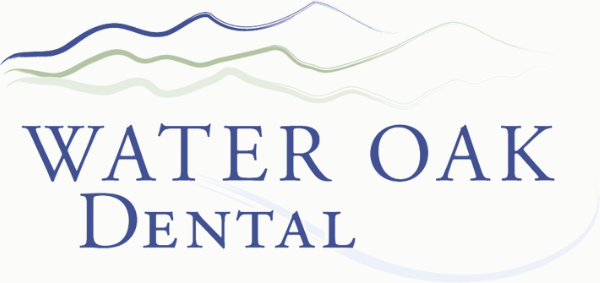
TMJ Treatment
Improve Jaw Health & Alleviate TMJ Pain
Jaw discomfort and pain can interfere with daily life. If you have a misaligned bite or a teeth grinding habit, we encourage you to see one of our doctors for an evaluation. (Patients who are getting restorative work, such as dental crowns or dental implants, need to be especially mindful about any bite problems and issues with the jaw, too!).
We are here to help identify TMJ disorders and provide treatment that can help to restore your jaw health and stop the jaw pain & headaches.
Symptoms Of A TMJ Disorder
One of the most noticeable symptoms of TMJ (temporomandibular joint disorder) is difficulty chewing or a feeling of tenderness or soreness around the jaw and neck.
Other symptoms include:
Pain in the face, ear, or mouth
Difficulty opening the mouth wide
Pain when yawning
Toothaches
Jaw joint crackling
Frequent headaches
Muscle spasms
Jaw joint locking
Causes Of TMJ
One of the most common causes of TMJ is a teeth grinding habit. Since grinding the teeth (bruxism) can wear down the teeth, you may end up with problems with your bite and jaw pain.
Some of the other causes of TMJ pain include:
Jaw bone degeneration
Jaw joint damage
Arthritis
Stress
Gum chewing
Poor posture
TMJ TREATMENT OPTIONS
There is no single cure for TMJ but there are several treatment options we provide at our office that can help reduce symptoms and restore your jaw health.
Correcting the bite is always a high priority. If you are getting dental implants or restorative work like crowns and veneers, it’s even more important to work with a dentist that understands occlusion.
Breaking a teeth grinding or clenching habit is one of the most effective ways to reduce jaw damage. Our doctors at Water Oak Dental Group may recommend wearing an oral appliance over your teeth to prevent teeth grinding.
Other treatment options may include: stretching the jaw muscles regularly, relaxation exercises to reduce muscle tension, and medication to relieve pain.
An occlusal adjustment (bite adjustment) can help some people suffering from bite problems. Jaw joint surgery is usually reserved for only serious cases.
Dr. Root discusses the importance of understanding occlusion in our video! →


